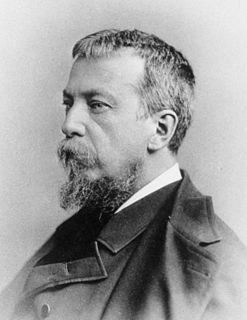A Quote by Silas Weir Mitchell
Alas, how can we help but mourn When hero bosoms yield their breath! A century itself may bear But once the flower of such a death.
Related Quotes
There's nothing to mourn about death any more than there is to mourn about the growing of a flower. What is terrible is not death but the lives people live or don't live up until their death. They don't honor their own lives ... their minds are full of cotton. They swallow God without thinking, they swallow country without thinking. Soon they forget how to think, they let others think for them.... Most people's deaths are a sham. There's nothing left to die.
We tend to suffer from the illusion that we are capable of dying for a belief or theory. What Hagakure is insisting is that even in merciless death, a futile death that knows neither flower nor fruit has dignity as the death of a human being. If we value so highly the dignity of life, how can we not also value the dignity of death? No death may be called futile.
And now you ask in your heart, ‘How shall we distinguish that which is good in pleasure from that which is not good?’ Go to your fields and your gardens, and you shall learn that it is the pleasure of the bee to gather honey of the flower, But it is also the pleasure of the flower to yield its honey to the bee. For to the bee a flower is a fountain of life, And to the flower a bee is a messenger of love, And to both, bee and flower, the giving and the receiving of pleasure is a need and an ecstasy. * People of Orphalese, be in your pleasures like the flowers and the bees.
Given that the nineteenth century was the century of Socialism, of Liberalism, and of Democracy, it does not necessarily follow that the twentieth century must also be a century of Socialism, Liberalism and Democracy: political doctrines pass, but humanity remains, and it may rather be expected that this will be a century of authority ... a century of Fascism. For if the nineteenth century was a century of individualism it may be expected that this will be the century of collectivism and hence the century of the State.





































